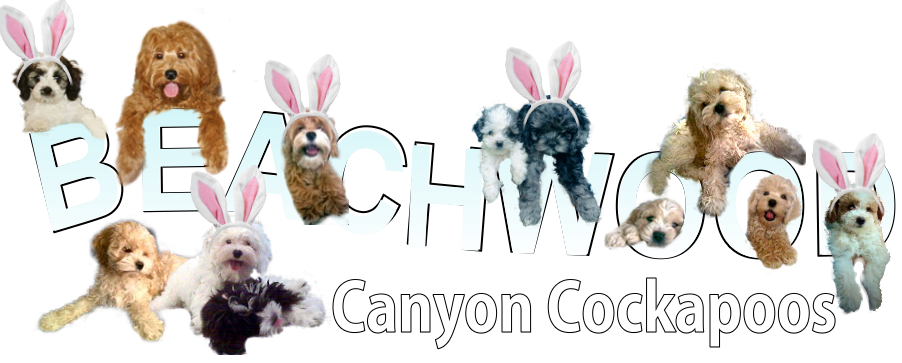As with most things in life, there are hard ways and there are easy ways to get things done. Rubbing a puppy’s nose in a mess is an inappropriate way to housetrain. Using ample amounts of supervision and positive reinforcement is the easy way.
Starting Off On the Right Track
The first course of action in housetraining is to promote the desired behavior. You need to:
- Designate an appropriate elimination area outdoors
- Frequently guide your dog there to do her/his business
- Heartily praise her/him when s/he goes
Timing Is Important!
A six- to eight-week old puppy should be taken outdoors every one to three hours. Older puppies can generally wait longer between outings. Most puppies should be taken out:
- After waking in the morning
- After naps
- After meals
- After playing or training
- After being left alone
- Immediately before being put to bed
Eliminating On Command
To avoid spending a lot of time waiting for your puppy to get the job done, you may want to teach her/him to eliminate on command. Each time s/he is in the act of eliminating, simply repeat a unique command, such as “hurry up” or “potty”, in an upbeat tone of voice. After a few weeks of training, you will notice that when you say the command your puppy will begin pre-elimination sniffing, circling, and then eliminate shortly after you give the command. Be sure to praise her/him for his accomplishments.
Most puppies will eliminate within an hour after eating. Once you take control of your puppy’s feeding schedule, you will have some control over when he needs to eliminate.
Schedule your puppy’s dinner times so that you will be available to let him out after eating.
- Avoid giving your puppy a large meal just prior to confining him or he may have to eliminate when you are not around to take him out.
- Schedule feeding two to three times daily on a consistent schedule.
- Have food available for only 15 to 20 minutes, then remove it.
- Feed your puppy in its crate for 15 to 20 minutes. Tell him to “eat your dinner”, walk away and leave the puppy, uninterrupted to focus on the task at hand, eating.
The last feeding of the day should be completed several hours before he is confined for the night. By controlling the feeding schedule, exercise sessions, confinement periods, and trips outdoors to the elimination area, your puppy will quickly develop a reliable schedule for eliminating.
Expect Some Mistakes
Left on his own, the untrained puppy is very likely to make a mistake. Close supervision is a very important part of training. Do not consider your puppy housetrained until he has gone at least four consecutive weeks without eliminating in the house. For older dogs, this period should be even longer. Until then:
- Your puppy should constantly be within eyesight. If you cannot watch your puppy, your puppy should be in his crate. Never to wander the house without supervision.
- Baby gates can be helpful to control movement throughout the house and to aid supervision.
- Keep them in the crate when unsupervised.
- When you are away from home, sleeping, or if you are just too busy to closely monitor your pet’s activities, confine him to a small, safe area in the home.
Don’t Make Things Worse
It is a rare dog or puppy that can be housetrained without making an occasional mess, so you need to be ready to handle the inevitable problems.
- Do not rely on harsh punishment to correct mistakes. This approach usually does not work, and may actually delay training.
- An appropriate correction consists of simply providing a moderate, startling distraction. You should only do this when you see your dog in the act of eliminating in the wrong place.
- A sharp noise, such as a loud “No” or a quick stomp on the floor, is all that is usually needed to stop the behavior. Just do not be too loud or your pet may learn to avoid eliminating in front of you, even outdoors.
Practice Patience
- Do not continue to scold or correct your dog after he has stopped soiling.
- When he stops, quickly take him outdoors so that he will finish in the appropriate area and be praised.
- Never rub your dog’s nose in a mess. There is absolutely no way this will help training, and may actually make him afraid of you.
Success!
The basic principles of housetraining are pretty simple, but a fair amount of patience is required. The most challenging part is always keeping an eye on your active dog or puppy. If you maintain control, take your dog outdoors frequently, and consistently praise the desirable behavior, soon you should have a house trained canine companion.

